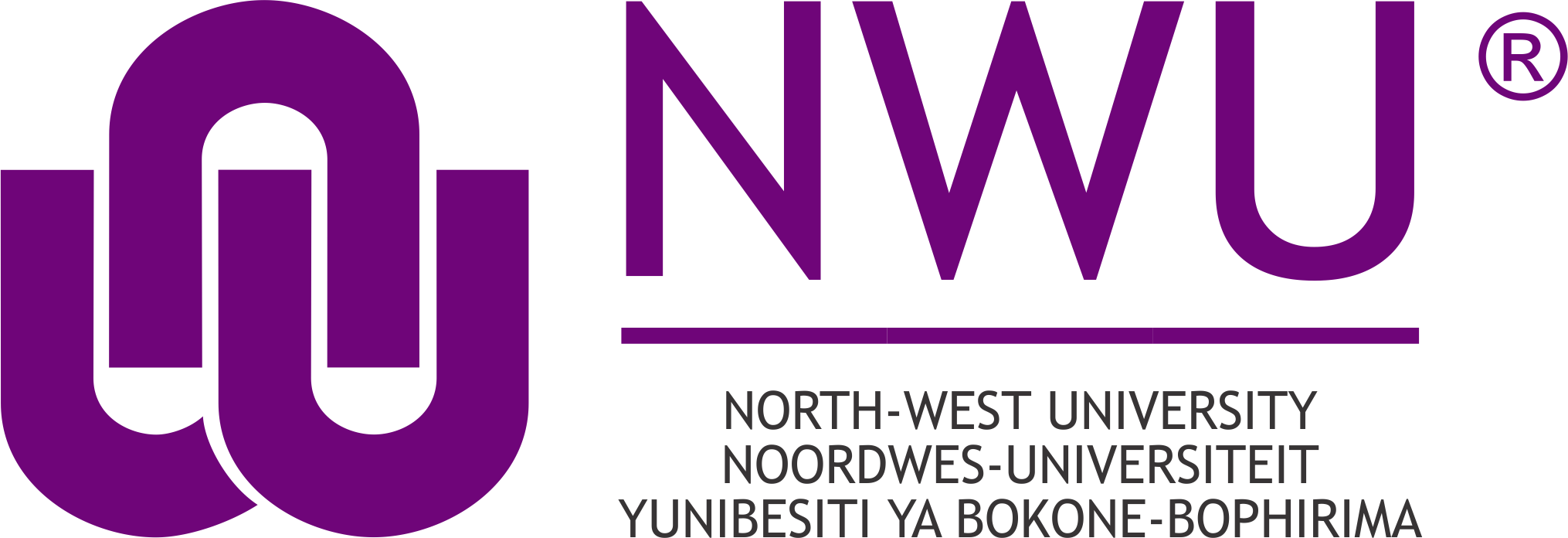VC calls for introduction of meritocratic approach to appointment of executives, board members in SOEs
A continued downward trajectory is the only possible forecast for South Africa’s state-owned enterprises (SOEs) if political appointments in SOEs continue to take precedence over expertise.
This is according to Prof Bismark Tyobeka, principal and vice-chancellor of the North-West University (NWU). Prof Tyobeka says this is not only an inescapable truth, but a gross dereliction of duty by those in key positions, which serves to hamper economic growth to the detriment of the country’s struggling citizens.
“The breakdown of corporate governance in our state-owned enterprises and the way we appoint board members in this country is something I find deeply worrying. It is a conversation that should be in the public spotlight and a matter that we should address urgently,” says Prof Tyobeka.
“In my view, in order to qualify to sit on a board and make a meaningful contribution, one must either be a peer-recognised expert in a particular field or must have served as an executive in a company. The fact that anyone with political connections or some sort of influential network can simply be appointed to the boards of giant enterprises such as Eskom, Denel, Transnet, CSIR, SAA, SABC and others without meeting one or both of the above requirements is precisely why some of these SOEs have continued to be a relentless drain on the fiscus, bailout after bailout.
“This brings me to the issue of cadre deployment. Whatever you want to call it – cadre deployment or the strategic placement of individuals who are loyal and sympathetic to the cause of a ruling party, which I believe happens all over the world – it has to be based on merit. They must be qualified and experienced individuals with a track record of success and accountability. That will instil confidence in the system. I am not opposed to such appointments in principle, provided they are based on merit.”
According to the South African government’s official website, there are about 123 SOEs in the country, operating at national, provincial and local levels. They are crucial to the development of South Africa, they play an instrumental role in ensuring success in a wide range of areas and are responsible for an unimaginable number of dependants.
“Where are the qualifications of the people entrusted with this enormous responsibility and are they being held accountable for their actions or inactions? If we see more failures than fruitful outcomes, does it not mean that our current system is broken and in need of repair. I don’t think so, I know so. SOEs should benefit all South Africans, not exploit them,” concludes Prof Tyobeka.
